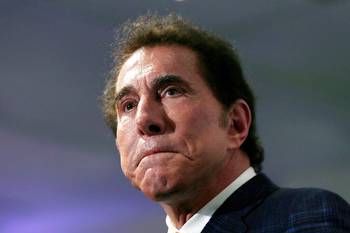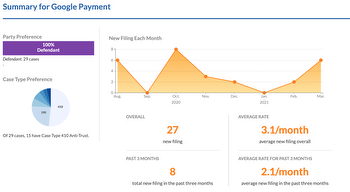Facebook Moves to Dismiss Social Casino Case With Section 230 Defense

A motion filed by Facebook, now known as Meta Platforms Inc., at the tail-end of last week asserts that the social media empire is insulated from a Northern District of California suit pursuant to Section 230 of the Communications Decency Act. The company is attempting to wield the liability shield in a case brought by consumers alleging that it aided in the proliferation of “social casinos” at users’ expense and in violation of state gambling laws.
As last week’s filing explains, social casino games are available for purchase and download from app stores and are substantially similar to traditional casino games except players cannot win any actual money. The motion comes after the plaintiffs filed an amended master complaint last November and after the court appointed leadership and consolidated the suits against Meta, Google, and Apple.
In the operative complaint, the game players allege that Meta holds a substantial financial interest in hosting social casino games through the 30% service fee it charges for their purchase and in-app purchases in the Facebook App Center. The filing also points to marketing assistance Meta provides, and how it “acts as a bank,” through its control of the purchasing channel.
Meta’s motion to dismiss opens by reasserting that Meta did not create the games the plaintiffs take issue with. Notwithstanding this and the fact that players cannot win money from social casino games, the plaintiffs still accuse Meta of engaging in an “illegal gambling” venture, the motion says.
The brief then implores the court to dismiss the case before it reaches the merits because Section 230 “precludes claims that treat an internet intermediary like Meta as the publisher or speaker of content created by third parties.” In support of the defense, the filing cites a January decision by fellow Northern District Judge Beth Labson Freeman dismissing a gambling game-related consumer protection suit against Google based on Section 230 immunity.
Meta claims that the defense similarly applies in the instant case. The motion first argues that Meta is an “interactive service provider,” defined to include any “system” that “provides or enable[s] computer access by multiple users to a computer server.” Meta says its Facebook platform is indisputably such, and points to other federal court decisions finding the same.
Then, the filing alleges that the consumers’ complaint treats Meta as the publisher of the games at issue, and lastly, reiterates that Meta did not have a hand in creating or developing them. The motion to dismiss hearing is scheduled for August 4 before Judge Edward J. Davila.
The plaintiff are represented by Edelson PC, interim Lead Counsel, and an Executive Committee comprised of professionals with Davis & Norris LLP, Pearson, Simon & Warshaw LLP, Bursor & Fisher P.A., Steyer Lowenthal Boodrookas Alvarez & Smith LLP, Tousley Brain and Stephens PLLC, Tycko & Zavareei LLP, Kopelowitz Ostrow Ferguson Weiselberg Gilbert, and Dovel & Luner LLP.



































